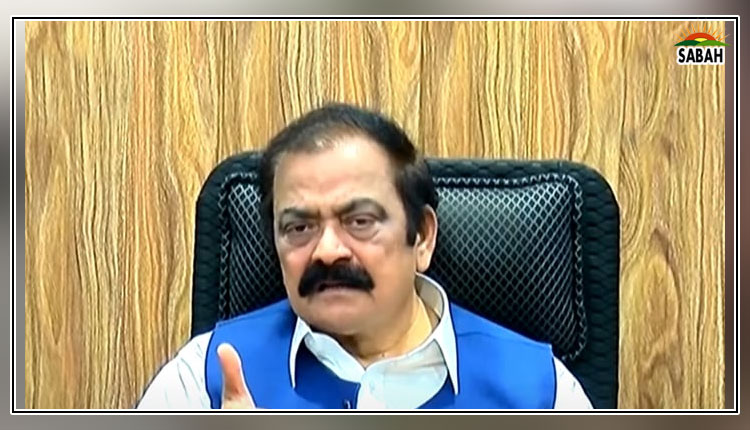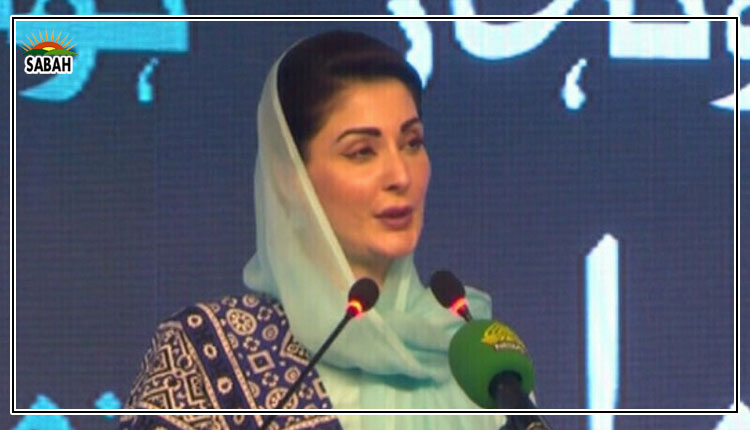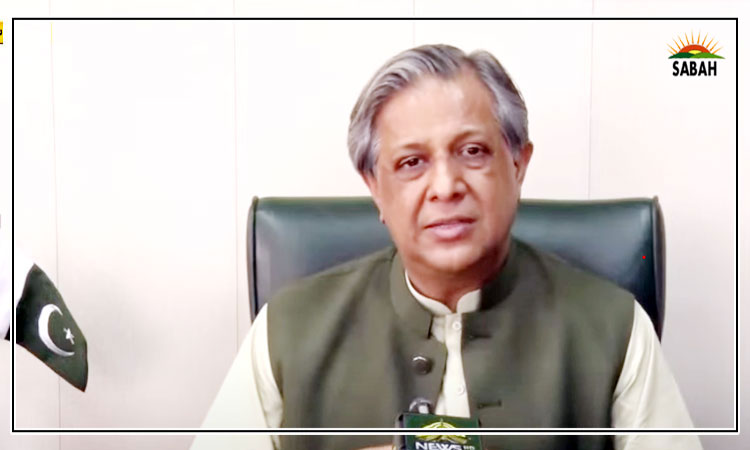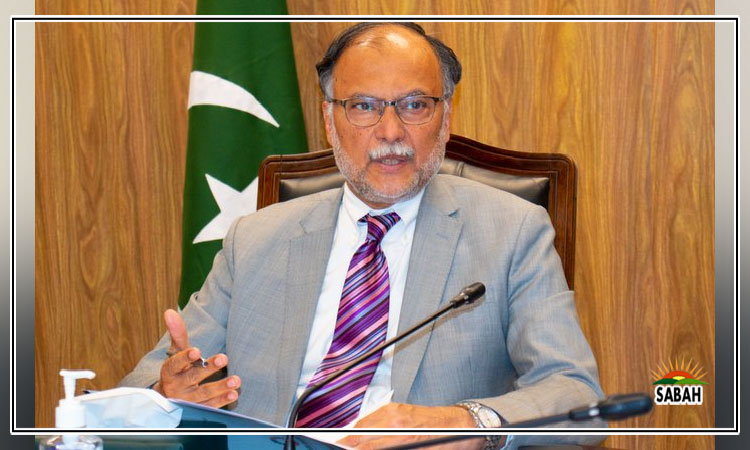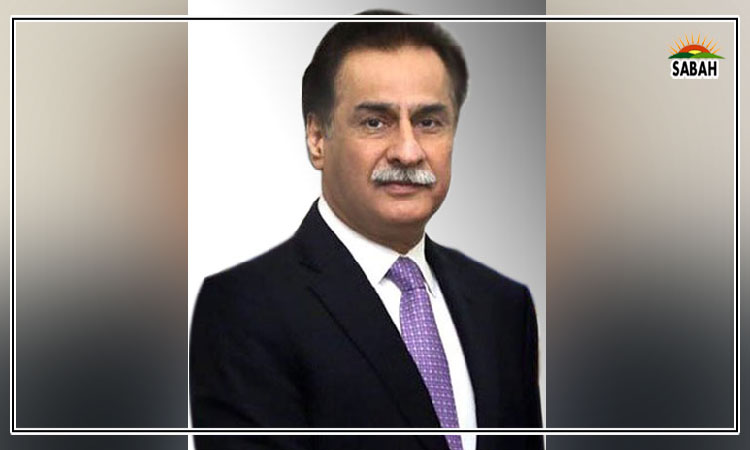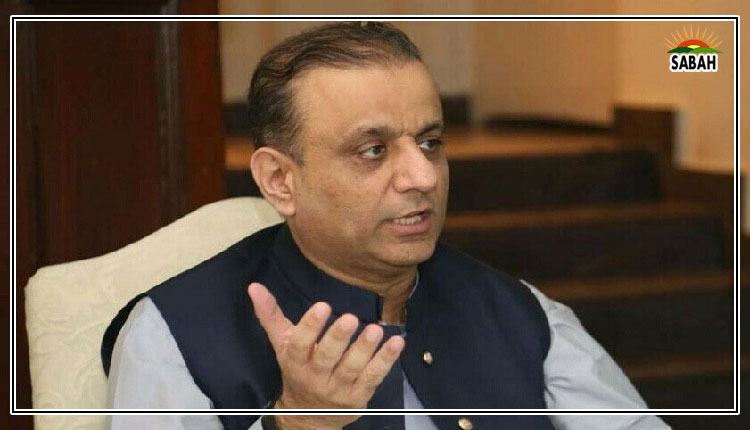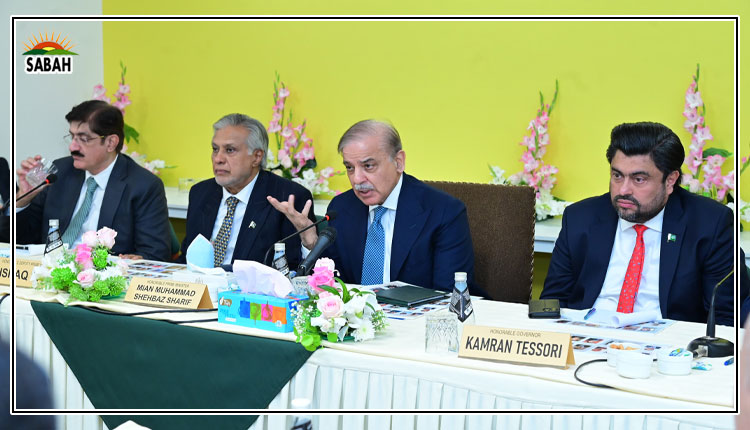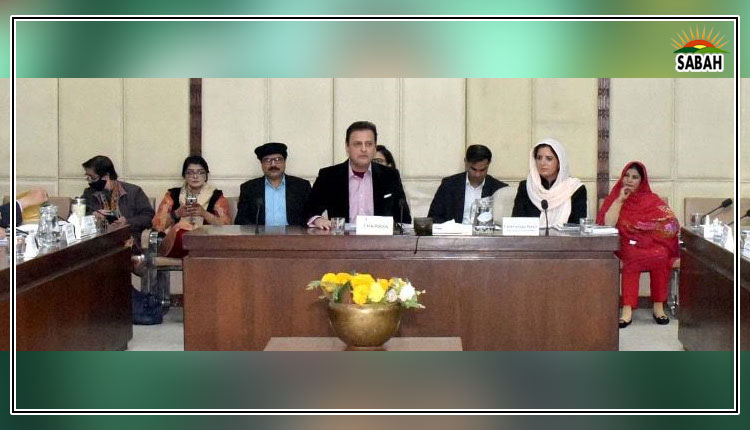There are currently total of 23,456 prisoners/detainees in foreign prisons: MOFA
ISLAMABAD, Feb 20 (SABAH): A meeting of Senate Standing Committee on Human Rights was held here at Parliament House on Tuesday with Senator Walid Iqbal in the Chair.
The Senate Committee deliberated on the matter of Pakistani citizens who are imprisoned or detained abroad, both convicted or under trial. Officials from the Ministry of Foreign Affairs (MOFA) submitted that there are currently total of 23,456 prisoners/detainees in foreign prisons, mainly in Saudi Arabia, UAE, Iraq, Bahrain, Oman, Qatar, India and China, out of 15,587 are convicted and 7,869 are under trial.
Senator Mushahid Hussain Sayed inquired about MoFA’s initiatives to provide relief to these prisoners or establish a repatriation program. He also highlighted that Prince Mohammed Bin Salman, Crown Prince of Saudi Arabia, announced the release of 2,100 Pakistani prisoners during his visit to Pakistan at the request of former PM Imran Khan. The Committee accordingly sought information from MOFA about current status of prisoners whose release was agreed upon by Saudi Crown Prince Mohammed Bin Salman as aforesaid.
At the same time, Senator Walid Iqbal highlighted the non-existence of a Uniform Consular Protection Policy in the light of the government’s Constitutional duty to ensure due process of law for all citizens of Pakistan wherever they might be. He informed the Committee that Chief Justice Mansoor Ali Shah of the Lahore High Court (as he then was) had directed the formulation of a Uniform Consular Protection Policy in his judgment in the Asma Shafi case in 2017. However, about seven years have passed, but no policy has been formulated so far. The Committee thereupon directed MOFA to formulate the Uniform Consular Protection Policy within the next 90 days and procure government approval for its implementation.
On the same subject, representatives of the Ministry of Interior briefed the Committee that Pakistan had entered into Prisoner Transfer Agreements with eleven countries, ten of which were fully effective and one was under process as it had yet to be ratified by a foreign government. Copies of those eleven Prisoner Transfer Agreements were also presented before the Committee. The Committee observed that, while these were government to government agreements, their intended beneficiaries were citizens of Pakistan; therefore they should be easily accessible and publicly available to everyone. Accordingly, the Committee unanimously recommended that all present and future Prisoner Transfer Agreements be placed on the web-sites of the Ministries of Interior, Human Rights, Overseas Pakistanis and Law & Justice.
The Senate Committee was briefed by Chairperson of the National Commission on the Status of Women (NCSW) on the state of implementation of UN-approved “Bangkok Rules” across Pakistan involving the treatment of women prisoners and detainees. In its previous meeting held on 29th December 2023, the Committee had also called for facts and figures on the said subject.
Chairperson NCSW, Nilofar Bakhtiar, stated that there are currently 13,065 women prisoners in the country, with 12,258 women under trial, 767 convicted, and 40 women on death row. She further added that around 60% of total prisoners in Punjab are under trial. Moreover, NCSW played a crucial role in arranging weekly family meetings and ensuring better facilities for women prisoners. The Chairperson NCSW also highlighted before the Committee NCSW had ensured that five of the well-known imprisoned women political activists, namely, Dr. Yasmeen Rashid (289 days), Sanam Javed (289 days), Aliya Hamza (289 days), Fehmida Begum (269 days), and Ayesha Bhutta (195 days) continued to be treated in accordance with the Bangkok Rules. Senator Humayun Mohmand brought the Committee’s attention to two Supreme Court Judgments authored by Justice Mansoor Ali Shah, in the Tahira Batool Case (2022) and the Mst. Ghazala Case (2023), where it had been declared and ordered, in the light of Section 497(1) of the Code of Criminal Procedure, that women, underage, and sick/infirm under-trial prisoners, must be granted bail. Yet, the aforenamed women, who were mothers, daughters, wives and sisters, were still not released on bail.
The Committee thus unanimously recommended to the Chairperson NCSW to inquire into the matter and report back to the Committee on whether bail had been sought by these women activists, and if so, why they still remained in jail for such long periods of time despite the above referred Supreme Court rulings.
The Senate body was also given a briefing by the Secretary, Ministry of Human Rights (MOHR), on the upcoming Periodic Report of Pakistan involving the International Covenant on Civil and Political Rights (ICCPR), which was to be presented in March 2024. The Committee was apprised that ICCPR aims to ensure the protection of civil and political rights, and Pakistan has accordingly been asked to report on the key issues of gender equality, violence against women, sexual and reproductive rights, prohibition of torture, overcrowding of jails, child marriage, same-sex union, abolition of the death penalty, enforced disappearances, right to privacy, freedom of assembly, military courts, and child rights. However, Pakistan has a different set of beliefs on the issue of the death penalty and same-sex union. MOHR has conducted consultative sessions with stakeholders to obtain relevant information, and a detailed report will be forwarded to MOFA for onward transmission to the ICCPR Committee next month.
The Chairman of the Committee took up the matter of Mr. Muhammad Ilyas Ghumman, a resident of Sargodha, Pakistan, who has been put under restrictions in terms of the Fourth Schedule to the Anti-Terrorism Act since the last 22 years. Senator Walid Iqbal argued that Mr. Muhammad Ilyas Ghumman is currently residing in Turkey, suffering from kidney disease, and desires to be buried in his homeland. Interior Ministry officials informed the Committee that Fourth Schedule proscription on individuals is imposed by the District Administration on the recommendation of the District Intelligence Committee. The Committee recommended the Interior Ministry to coordinate with the Punjab Province administration for the resolution of the matter on humanitarian grounds and submit a compliance report in due course.
Lastly, the Committee took up a public petition made by the Potohar Organization for Development Advocacy, a women’s rights NGO, to the Chairman Senate, which was forwarded to the Committee Chairman last week, calling for legislation to the marriage age for girls at 18 years in Punjab, Balochistan, Khyber Pakhtunkhwa, and ICT. Nilofar Bakhtiar, Chairperson NCSW, explained that a comprehensive national level bill pertaining to the same subject was moved forward by NCSW in the previous government and is currently lying in the National Assembly.
Senator Dr. Muhammad Humayun Mohmand argued that the matter holds pivotal importance for the country and should not be decided haphazardly. The Committee unanimously recommended to the NCSW to take up the matter again with the next federal government, in consultation with relevant stakeholders, so that the requisite legislation is passed not just in Punjab, Balochistan, Khyber Pakhtunkhwa, and ICT, but also in Azad Jammu & Kashmir and Gilgit-Baltistan.
The meeting was attended by Senator Prof. Dr. Mehr Taj Roghani, Senator Mushahid Hussain Sayed, Senator Muhammad Tahir Bizinjo, Senator Mohammad Humayun Mohmand, Senator Falak Naz, Senator Syed Waqar Mehdi, Caretaker Federal Minister for Human Rights Khalil George, Secretary, Ministry of Human Rights, Human Rights A.D. Khawaja, Chairperson NCSW Nilofar Bakhtiar. Senior officials of Interior Ministry and Ministry of Foreign Affairs were also in attendance.



